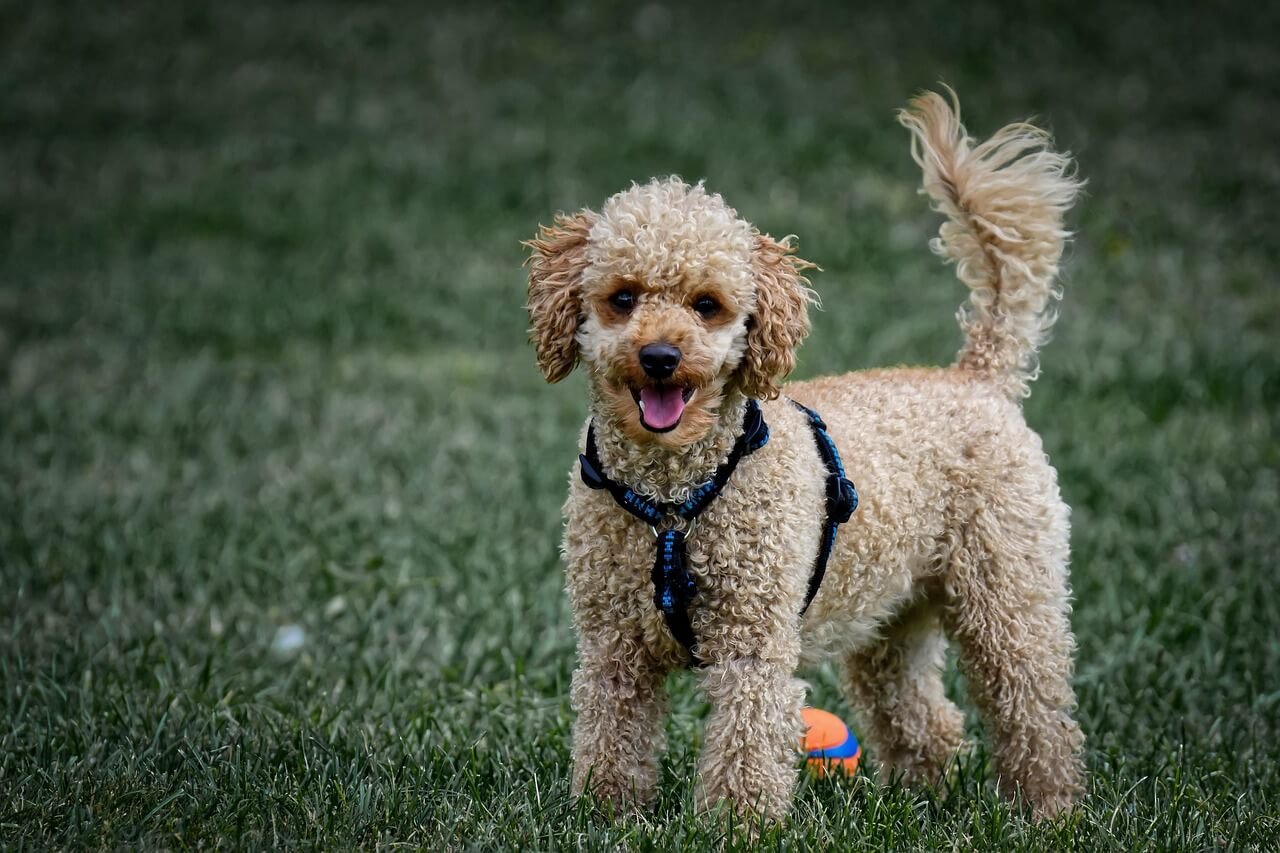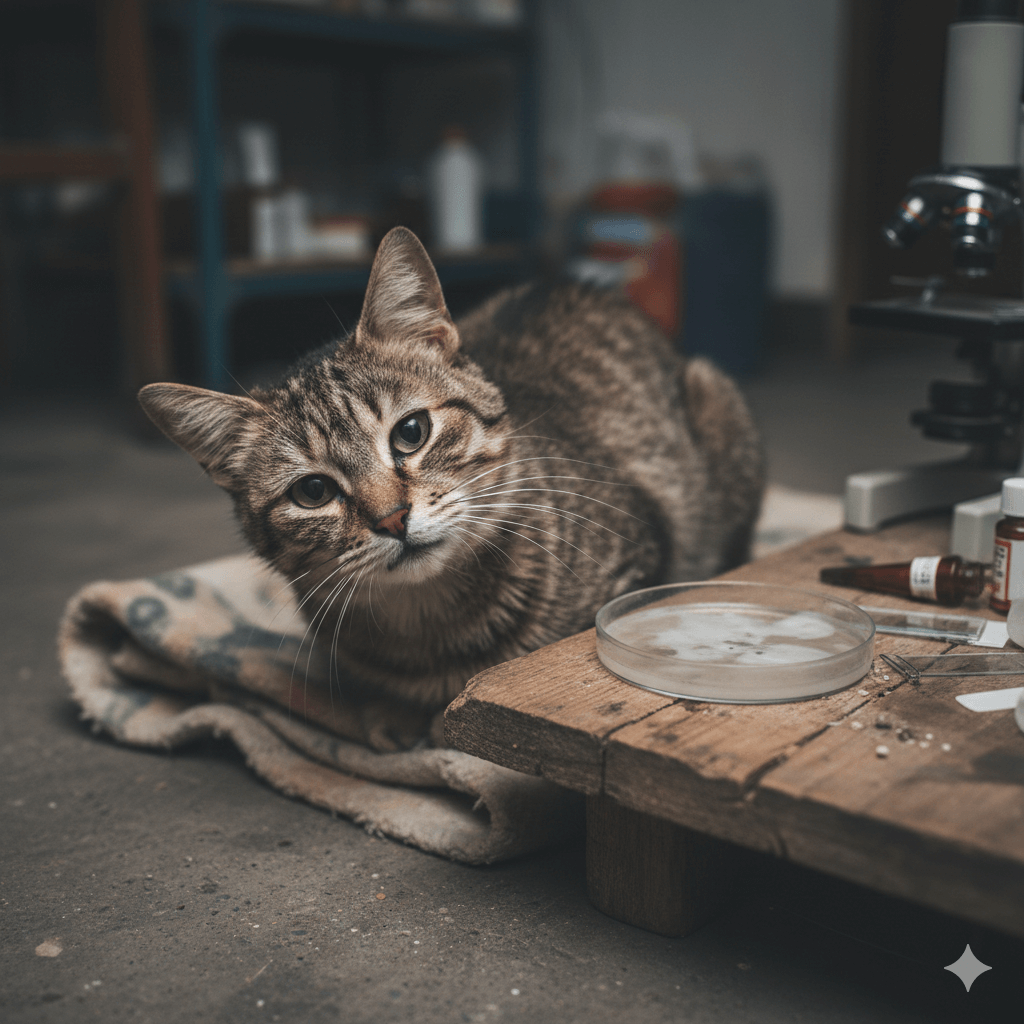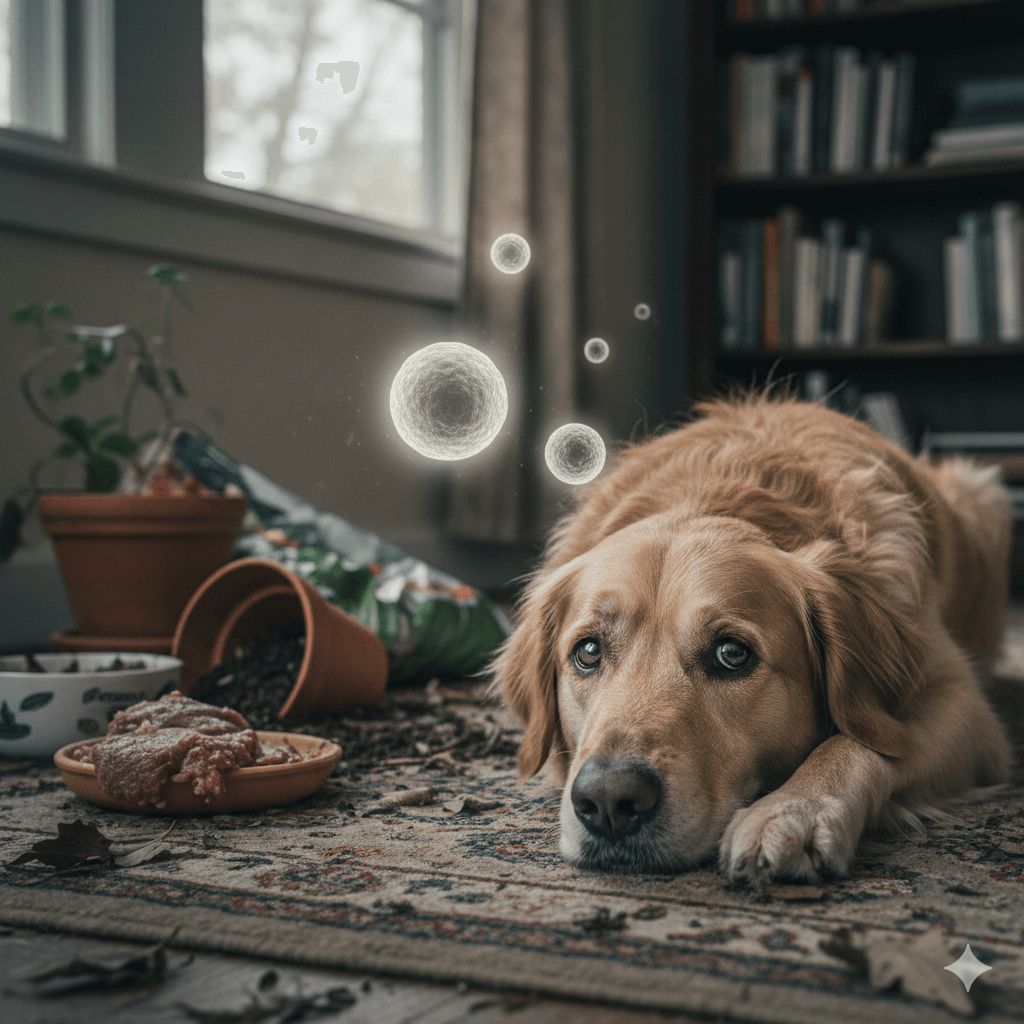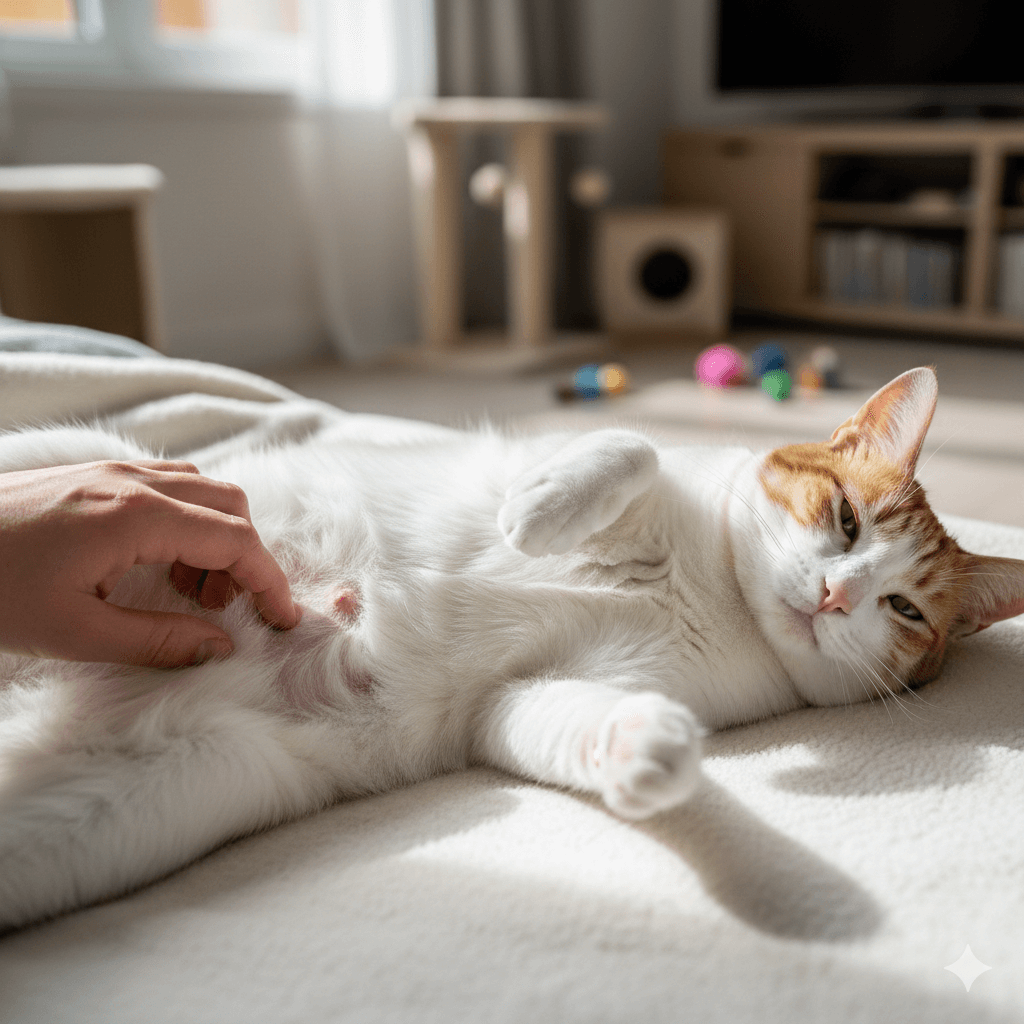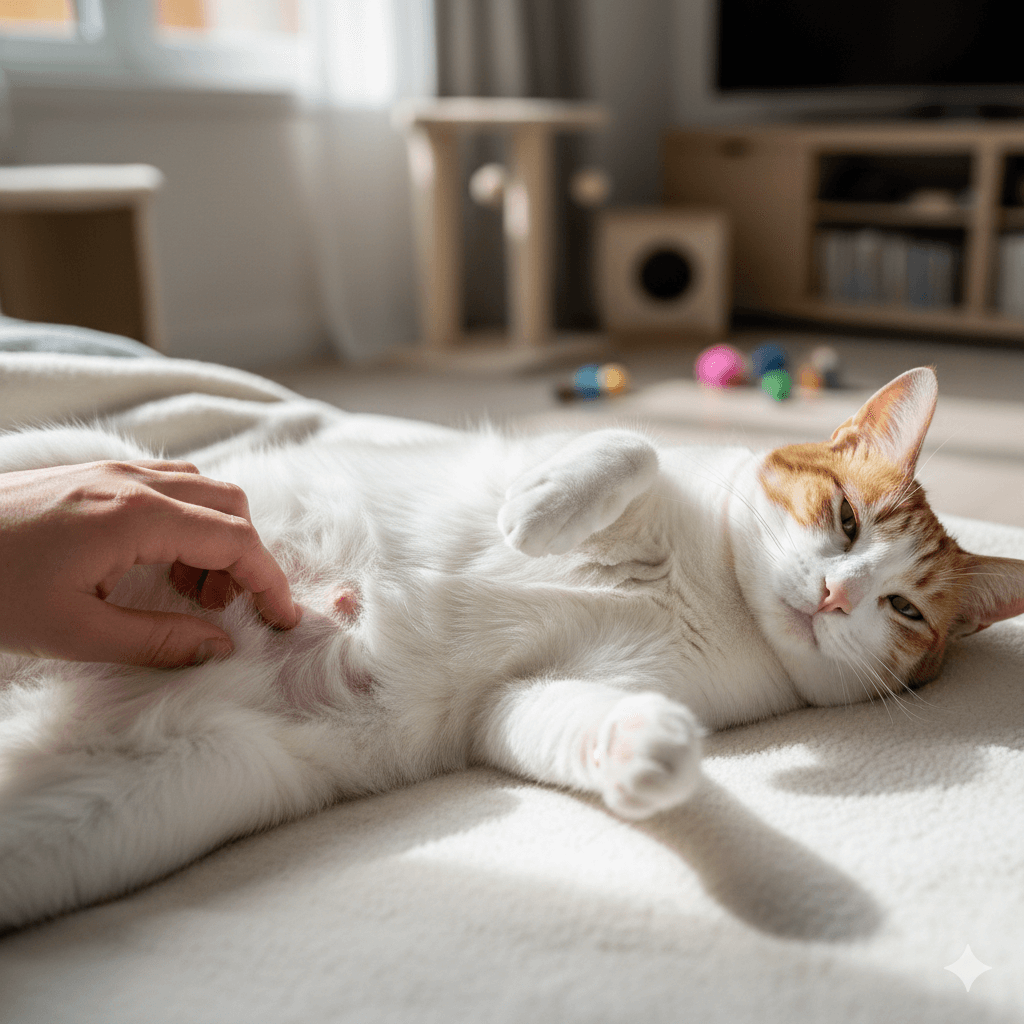Why Is There Mucus in My Dogs Poop? Understanding the Signs and Causes
As a dog owner, you’ve likely encountered some surprises when cleaning up after your furry friend. One of those surprises might be noticing mucus in your dog’s poop. While it can be alarming to see this slimy substance coating your dog’s stool, it’s important to understand that mucus isn’t always a cause for panic. However, it can sometimes indicate underlying health issues that need attention. In this blog post, we’ll explore what mucus in dog poop means, its potential causes, and how to address it. By the end, you’ll feel more confident in identifying whether your dog’s condition is normal or if it’s time to consult a veterinarian.
What Does Mucus in Dog Poop Look Like? Key Characteristics
Before diving into the causes and solutions, it’s essential to recognize what mucus in dog poop actually looks like. This will help you differentiate between normal stool and something that may require further investigation.
- Mucus often appears as a slimy, jelly-like coating around the stool.
- It can range in color from clear to yellowish or even greenish.
- The consistency is typically sticky and may glisten in the light.
- In some cases, the mucus may separate from the stool entirely.
- It can also appear alongside diarrhea or softer stools.
If you notice any of these characteristics, it’s a good idea to monitor your dog’s behavior and overall health. While occasional mucus isn’t necessarily a red flag, persistent or excessive amounts warrant closer attention.
Common Causes of Mucus in Dog Poop: What You Need to Know
Mucus in dog poop can stem from a variety of factors, ranging from minor dietary issues to more serious health concerns. Below, we outline some of the most common causes to help you better understand your dog’s condition.
Dietary Changes: Sudden shifts in your dog’s diet can irritate the digestive tract, leading to mucus production.
Food Allergies or Intolerances: Certain ingredients may trigger an allergic reaction, causing inflammation and mucus.
Parasites: Intestinal worms or other parasites can disrupt your dog’s gut health, resulting in mucus-laden stools.
Bacterial or Viral Infections: Conditions like parvovirus or bacterial overgrowth can lead to mucus as the body tries to flush out harmful pathogens.
Stress or Anxiety: Emotional distress can impact your dog’s digestive system, sometimes manifesting as mucus in their stool.
Understanding these potential causes can guide you in determining whether the issue is temporary or requires professional intervention. Always observe your dog’s behavior and consult a vet if symptoms persist.
Check this guide 👉Why Is My Dogs Poop Black? Best 7 Health Tips!
Check this guide 👉Fly Larvae in Dog Poop: Best 7 Health Tips!
Check this guide 👉Understanding Grey Dog Poop: Best 7 Health Tips!
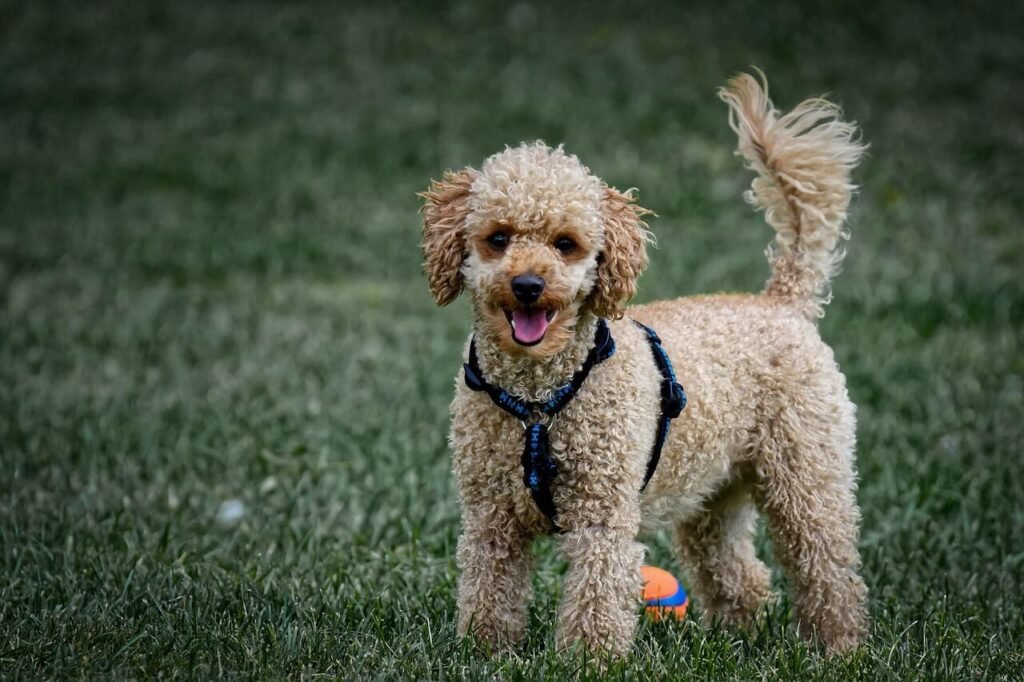
Possible Causes of Mucus in Dog Poop | Signs to Watch For |
|---|---|
Dietary changes | Loose stools or sudden appetite changes |
Food allergies | Itching, skin rashes, or vomiting |
Parasitic infections | Weight loss or visible worms in stool |
Bacterial or viral infections | Fever, lethargy, or bloody diarrhea |
Stress or anxiety | Panting, pacing, or clingy behavior |
How to Address Mucus in Dog Poop: Practical Steps to Take
If you’ve noticed mucus in your dog’s stool, there are several steps you can take to address the issue. These actions range from simple dietary adjustments to seeking veterinary care, depending on the severity of the situation.
Gradually Transition Foods: If you suspect dietary changes are to blame, introduce new foods slowly over 7–10 days.
Provide Probiotics: Probiotic supplements can help restore balance to your dog’s gut flora.
Increase Hydration: Ensure your dog has access to fresh water to prevent dehydration, especially if diarrhea is present.
Monitor Symptoms: Keep a close eye on your dog’s behavior, stool consistency, and energy levels.
Consult a Veterinarian: If mucus persists or is accompanied by other symptoms, seek professional advice promptly.
By taking these steps, you can help your dog recover while ruling out more serious conditions.
Preventing Mucus in Dog Poop: Tips for Long-Term Health
Prevention is always better than cure, especially when it comes to your dog’s digestive health. Here are some proactive measures you can take to minimize the risk of mucus in your dog’s stool.
Maintain a Consistent Diet: Avoid frequent changes in your dog’s food to prevent digestive upset.
Choose High-Quality Food: Opt for dog food with natural ingredients and minimal fillers.
Regular Deworming: Stay up-to-date with parasite prevention treatments to protect your dog’s gut health.
Reduce Stress: Create a calm environment for your dog to reduce anxiety-related digestive issues.
Schedule Routine Vet Checkups: Regular health assessments can catch potential problems early.
By incorporating these habits into your routine, you can promote a healthier digestive system for your dog and reduce the likelihood of encountering mucus in their stool.
How Mucus in Dog Poop Can Signal Digestive Health Issues
Mucus in dog poop can sometimes be a clear indicator of underlying digestive health problems. While occasional mucus isn’t always alarming, persistent or excessive amounts may point to specific conditions that require attention. Below are some digestive issues often associated with mucus in dog stool.
Irritable Bowel Syndrome (IBS): A condition where the intestines become inflamed, leading to mucus production and irregular bowel movements.
Colitis: Inflammation of the colon can cause increased mucus secretion along with diarrhea or bloody stools.
Gastroenteritis: This inflammation of the stomach and intestines can result in mucus as the body tries to flush out irritants.
Intestinal Blockages: Foreign objects or tumors in the digestive tract may trigger mucus as the body attempts to clear the blockage.
Pancreatitis: Inflammation of the pancreas can disrupt digestion and lead to abnormal stool consistency, including mucus.
If you suspect any of these conditions, it’s crucial to consult your veterinarian for a proper diagnosis and treatment plan. Early intervention can prevent further complications and ensure your dog’s digestive system remains healthy.
Dietary Adjustments to Reduce Mucus in Dog Poop
One of the most effective ways to address mucus in dog poop is by making thoughtful dietary adjustments. The food your dog consumes plays a significant role in their digestive health, and small changes can make a big difference. Consider the following tips to improve your dog’s diet and reduce mucus production.
Incorporate Fiber-Rich Foods: Adding fiber like pumpkin or sweet potatoes can regulate digestion and reduce mucus buildup.
Avoid Processed Ingredients: Highly processed foods can irritate the gut; opt for natural, whole-food alternatives instead.
Limit Fatty Foods: High-fat diets can overwhelm the digestive system, leading to mucus and loose stools.
Introduce Lean Proteins: Chicken, turkey, or fish are easier to digest and less likely to trigger mucus production.
Stay Consistent with Feeding Times: Regular feeding schedules help maintain a stable digestive rhythm.
By fine-tuning your dog’s diet, you can support their overall gut health and minimize the occurrence of mucus in their stool. Always introduce changes gradually to avoid further digestive upset.
When to Seek Immediate Veterinary Care for Mucus in Dog Poop
While mucus in dog poop can sometimes resolve on its own, there are instances where immediate veterinary care is necessary. Recognizing these situations early can prevent serious complications and ensure your dog receives timely treatment. Here are signs that warrant an urgent vet visit.
Blood in Stool: The presence of blood alongside mucus indicates potential gastrointestinal bleeding or infection.
Severe Diarrhea: Persistent watery stools can lead to dehydration and require professional intervention.
Lethargy or Weakness: If your dog seems unusually tired or unresponsive, it could signal a systemic issue.
Loss of Appetite: Refusal to eat for more than 24 hours is a red flag that something is wrong.
Frequent Vomiting: Repeated vomiting paired with mucus in stool suggests a serious digestive disturbance.
If you notice any of these symptoms, don’t delay in seeking veterinary care. Early diagnosis and treatment can make all the difference in restoring your dog’s health and well-being.
FAQ
Is it normal for dogs to have mucus in their poop occasionally?
Yes, small amounts of mucus can be normal, especially if your dog’s stool otherwise appears healthy.
When should I be concerned about mucus in my dog’s poop?
Seek veterinary advice if the mucus is persistent, accompanied by diarrhea, blood, or other symptoms like lethargy or vomiting.
Can stress cause mucus in dog poop?
Yes, stress or anxiety can disrupt your dog’s digestive system, leading to mucus production.
How can I tell if my dog has a food allergy?
Look for signs like itching, skin rashes, vomiting, or diarrhea alongside mucus in their stool.
Are probiotics safe for dogs?
Yes, probiotics are generally safe and can support your dog’s gut health when used appropriately.
Final Thoughts: Staying Vigilant for Your Dog’s Health
Noticing mucus in your dog’s poop can be unsettling, but it’s often a manageable issue with the right approach. By understanding the potential causes, recognizing the signs, and taking proactive steps, you can ensure your dog stays happy and healthy. Remember, your veterinarian is your best ally in addressing persistent or severe symptoms. With proper care and attention, you can keep your furry companion’s digestive system in top shape and enjoy many joyful moments together.
Understanding Toxoplasmosis in Cats: Best 7 Expert Tips! – Learn causes, symptoms, and prevention to keep your cat safe from this common parasite.
Understanding Toxoplasmosis in Dogs: Best 7 Expert Tips! – Learn causes, symptoms, and treatment to protect your dog from this rare but serious parasite.
Pandango Dog: Best 7 Expert Tips! – Discover the perfect mix of Poodle smarts and Dachshund charm, plus care, health, and training advice for this lovable hybrid.
Why Is My Cats Skin Pink? Best 7 Expert Tips! – Discover causes, signs, and solutions for pink skin in cats. Learn when to worry and how to keep your feline healthy.

